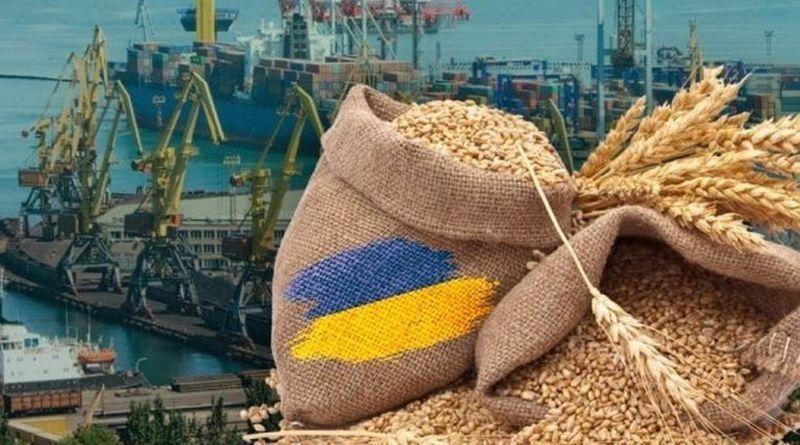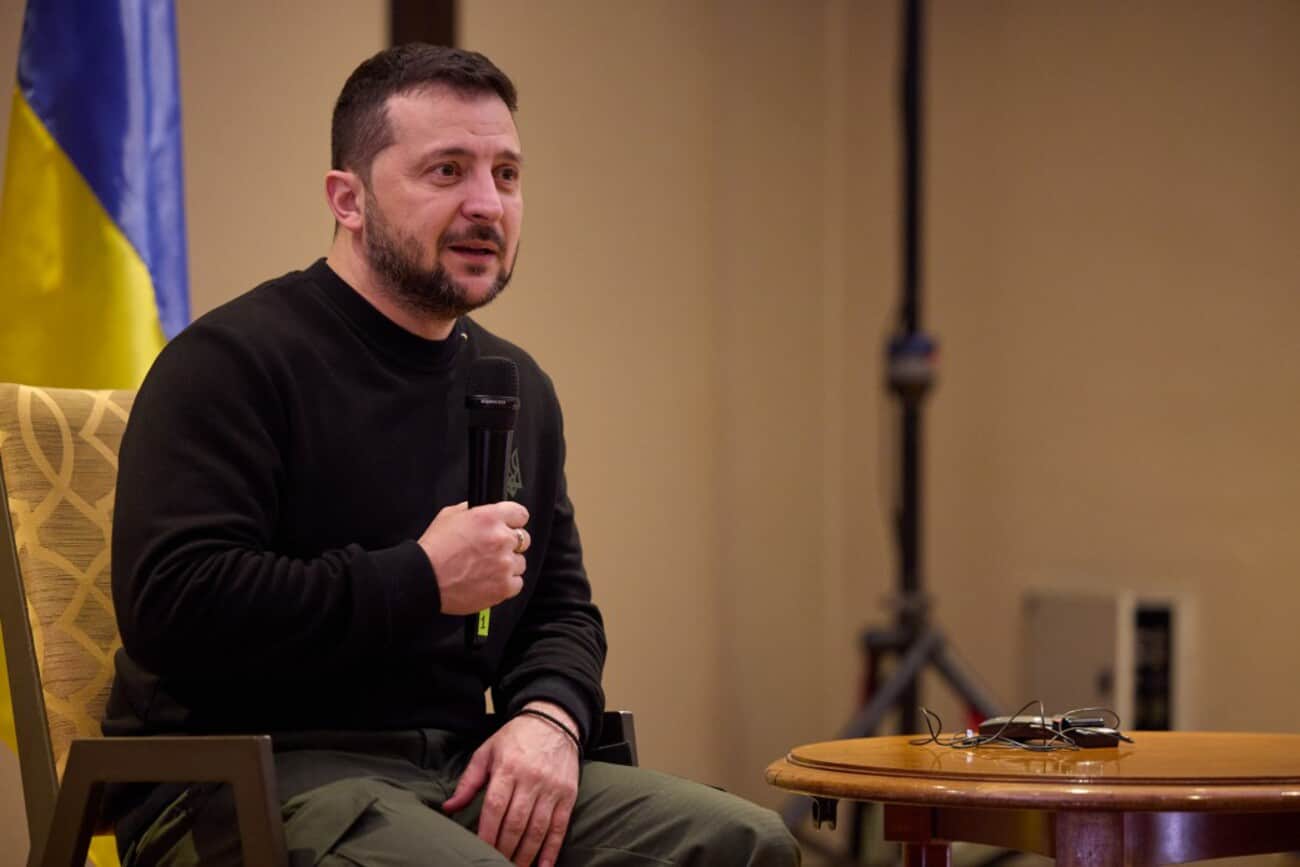EU to increase checks on Ukrainian grain transport as farmer protests persist
The move aims to address the concerns of protesting farmers across Europe and facilitate trade that benefits the entire bloc, the EU Transport Commissioner said.

The European Union will increase inspections to ensure transporters comply with agreements as they transport grain out of Ukraine, Reuters reported, citing EU Transport Commissioner Adina Valean. This move aims to address the concerns of protesting farmers across Europe and facilitate trade that benefits the entire bloc.
Farmers in Poland and other countries neighboring Ukraine have protested against what they perceive as unfair competition from Ukrainian grain, leading to disruptions at borders, ports, and roads.
Valean emphasized the importance of keeping borders open, especially with a “neighbor in such need of connectivity” like Ukraine. “As long as the agreements are implemented correctly, there shouldn’t be problems,” Valean told Reuters, adding that the EU is working on strengthening implementation to prevent operators from overstepping agreements.
Valean pointed out that Ukraine had exported over 64 million tons of grain, oilseeds, and related products through the solidarity lanes since its establishment in May 2022.
In a recent statement in Prague, Polish Prime Minister Donald Tusk highlighted the possibility of expanding the national embargo on Ukrainian grain imports to encompass additional products.
In September 2023, despite the European Commission’s decision against extending the embargo, Poland, Hungary, and Slovakia took unilateral action to restrict Ukrainian grain imports, allowing only its transit to other countries through their territories.
Poland’s farmers have continued to block truck traffic at land crossings to Ukraine. Their demonstrations have included drastic measures such as dumping grain destined for other markets from a freight train. The agricultural community in Poland is advocating for the extension of the ban to cover a wider range of goods, including fruit, eggs, and meat, to protect their interests and ensure market stability.
Read also:
- Canada tightens import restrictions on Russian diamonds
- Zelenskyy and Rutte sign long-term security pact between Ukraine and Netherlands
- OSCE launches special mechanism to investigate Russia’s arbitrary detention of Ukrainian civilians
You could close this page. Or you could join our community and help us produce more materials like this.
We keep our reporting open and accessible to everyone because we believe in the power of free information. This is why our small, cost-effective team depends on the support of readers like you to bring deliver timely news, quality analysis, and on-the-ground reports about Russia's war against Ukraine and Ukraine's struggle to build a democratic society.
A little bit goes a long way: for as little as the cost of one cup of coffee a month, you can help build bridges between Ukraine and the rest of the world, plus become a co-creator and vote for topics we should cover next. Become a patron or see other ways to support.



